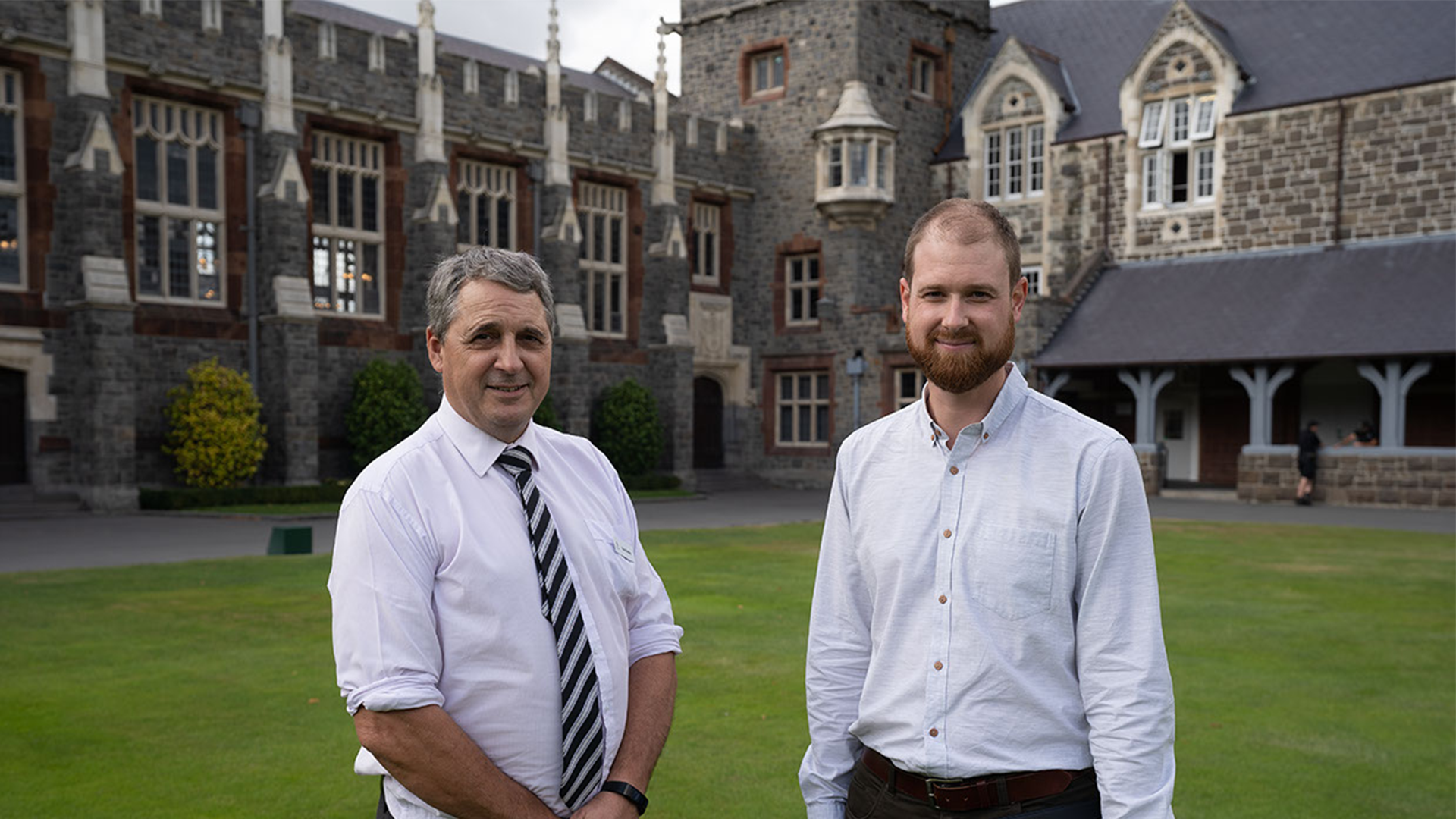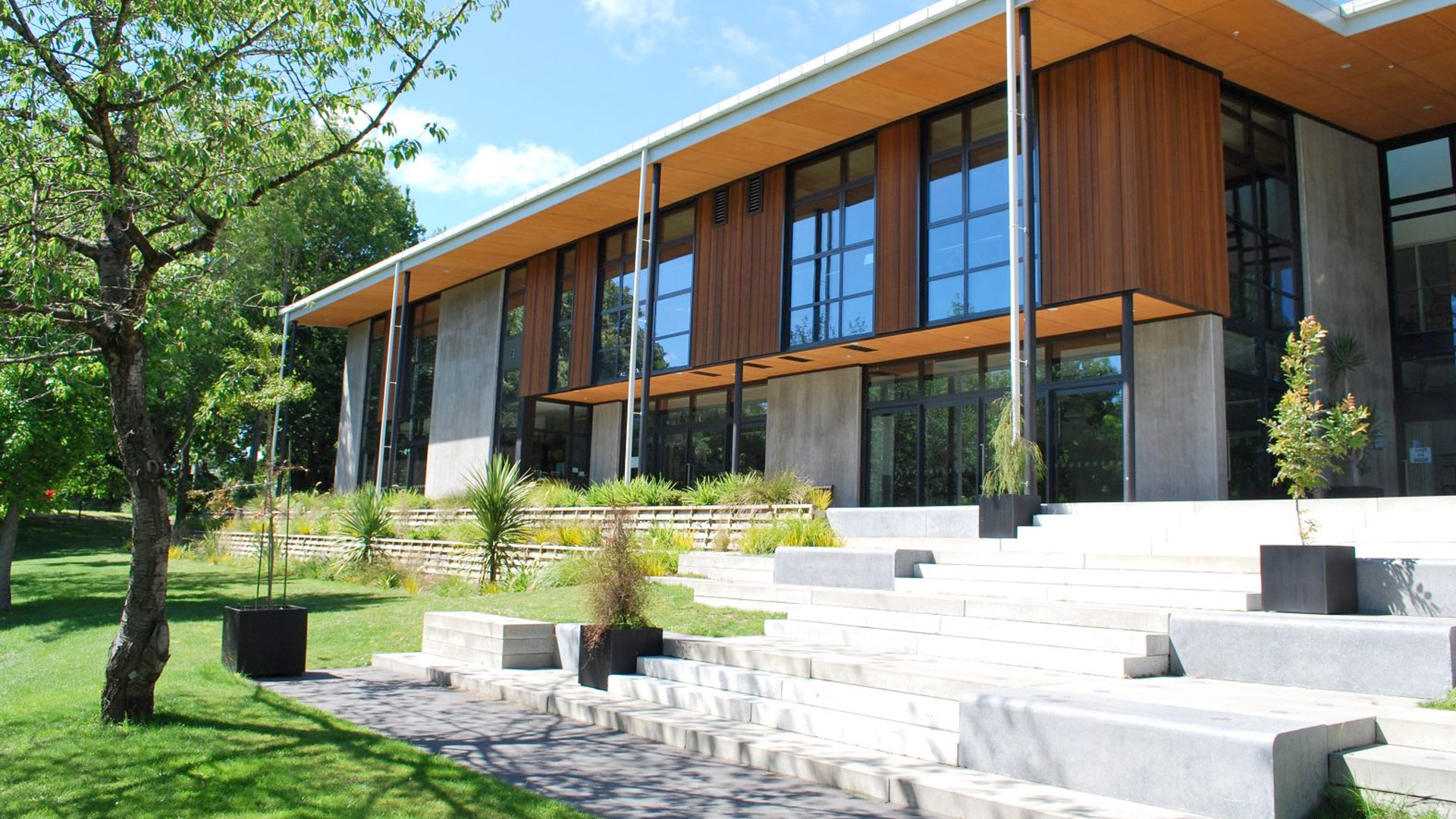Your Guide to Joining the Movement
Over the past decade, Digital Transformation reshaped the business landscape, with varied outcomes for companies. Now, a new wave is on the horizon: Sustainability Transformation.
Sustainability has become impossible to ignore. With 96% of Gen Y employees expecting their employers to take steps towards sustainability and increased government regulation pressures, six in ten business leaders now have sustainability as a top priority.
What is Sustainability Transformation?
Sustainability transformation is about making a company more environmentally friendly, socially responsible, and ethically run. It involves changes like reducing pollution, using resources wisely, treating people fairly, and making sure decisions are ethical. The goal is to keep the company successful while also helping the world. This might mean cutting greenhouse gases, reusing materials, promoting diversity, being transparent about sourcing, and making responsible decisions.
Invest in Sustainable Technology
One important part of becoming more environmentally friendly and socially responsible is to use technology that doesn’t harm the planet. This means using things like renewable energy sources, equipment that doesn’t use too much energy, and materials that are good for the environment in your business operations. Also, upgrading your network, like your internet and computer systems, can make them work better while using less energy. Companies like Aruba offer advanced solutions that help with this. By using these kinds of sustainable technologies, businesses not only reduce their impact on the environment but also help make the world a better place for everyone.
What are the main characteristics of Sustainability Transformation?
• Focus on integrating sustainability principles into company strategies, operations, and culture.
• Emphasis on addressing environmental, social, and governance challenges to create long-term value.
• Involves considering the impact of organisation activities on stakeholders and society.
•Requires a holistic and long-term perspective that extends beyond short-term financial gains.
•May involve changes in business practices, policies, and stakeholder engagement.
•Measurable outcomes may include reduced environmental impact, improved social performance, enhanced reputation, and stakeholder trust.
So, companies need to pursue Sustainability Transformation to create a more sustainable world – and to future proof their businesses. Here’s how to do it – upgrade your technology.
Upgrade Network Infrastructure
You might be wondering why upgrading your internet and computer systems has anything to do with being environmentally friendly. Well, making these systems better also means they use less energy and are kinder to the planet. By making them more efficient, businesses can save money, make their systems work better, and reduce their impact on the environment. It’s important for companies to look at their current systems and see where they can improve to use less energy and be more environmentally friendly. Making these upgrades can involve using tools that help watch energy use in real-time, automate processes, and manage energy better. By upgrading their systems with sustainability in mind, companies can do their part for the environment while also improving how their business runs.
By investing in technology that’s good for the environment and upgrading their networks to be more efficient, companies can lead the way to a greener future. These changes not only help the planet but also make businesses more resilient and competitive in a world that’s focused more and more on sustainability.
Benefits to your Commercial Business:
- Increase Efficiency:
According to McKinsey, a sustainability strategy can substantially reduce costs and affect operating profits by as much as 60%. Sustainability initiatives also lead to lower energy consumption and water intake. Being transparent about sustainability activities can further improve relations with governments and local communities, potentially leading to tax incentives and subsidies.
- Long-Term Viability:
Sustainability practices aren’t just about short-term gains; they’re essential for ensuring the resilience and longevity of your business. By conserving resources, minimising waste, and adapting to evolving market dynamics, your company can future-proof itself against environmental uncertainties and regulatory changes. Investing in sustainability today secures a brighter, more sustainable future for your business tomorrow.
- Meet Consumer Demands:
Nielsen studies show that 66% of consumers would spend more on a product from a sustainable brand, and 81% of global consumers strongly believe that companies should help improve the environment. This shifting consumer trend towards sustainability is only getting stronger with the rise of millennials and Generation Z. Building sustainability into your brand not only meets consumer demands but also enhances brand loyalty and advocacy, driving long-term success.
- Enhanced Brand Value:
Embracing sustainability enhances your company’s reputation and appeal, particularly among socially conscious consumers. Studies show that a staggering 40% of businesses report an increase in the value of their brand after adopting sustainable practices. By aligning your brand with values of environmental responsibility and social consciousness, you’ll not only attract a broader customer base but also foster stronger brand loyalty and advocacy.
- Competitive Advantage:
In today’s sustainability-focused market, embracing sustainable practices isn’t just about compliance—it’s about seizing opportunities for innovation and differentiation. By incorporating sustainability into your business model, you’ll drive innovation, attract environmentally conscious customers, and set your company apart from competitors. This competitive edge not only strengthens your market position but also opens doors to new business opportunities and partnerships.
- Attract Talent:
Sustainability is a critical factor in attracting talent, particularly among millennials. Nearly 40% of millennials have chosen a job because of a company’s sustainability practices, even willing to accept a pay cut to work for an environmentally responsible organisation. With millennials comprising the largest segment of the workforce, not having a sustainability strategy could result in missing out on top talent.
Cyclone Computer Company Limited is committed to social responsibility and sustainability. That’s why we’ve partnered with HPE Aruba Networking, a company that shares our values and actively contributes to the economic, social, and environmental aspects of our world. Let’s talk about how we can help your business thrive while reducing its environmental footprint.

Ready to meet your future thinking technology partner?
Talk to us today for future ready solutions.
RELATED CASE STUDIES
How Asset Circularity and Lifecycle Management Contribute to Sustainability Goals
Learn how your business can be more sustainable through…
The Role of Technology in Greener Business Operations
Learn how your business can be more sustainable through…
Saint Kentigern
Learn how Saint Kentigern and Cyclone manage student devices from…
Christ’s College
Watch how Christ College implemented smart wireless solutions to…
Southern Institute of Technology
Bridging the digital education divide: Creating better access to…
Rakaia School
Rakaia School in mid-Canterbury has undertaken a progressive…
Hukanui School
Educating for the future: How iPads boost creativity at Hukanui…
Rangi Ruru Girls’ School
Cyclone has helped Rangi Ruru Girls’ School in Christchurch…
St Thomas of Canterbury
We visited St Thomas of Canterbury School in Christchurch, New…
Christchurch Girls High School
Single Sign-On and Windows 10 accelerates Christchurch Girls High…











